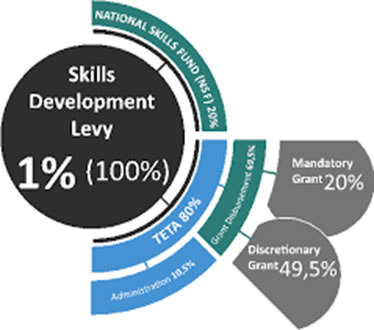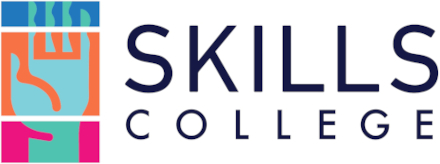To address the skills shortage and unemployment in South Africa, the government has implemented Acts, policies, and tools. Skills Development Expenditure is a key element of the B-BBEE Scorecard, with a minimum 40% contribution required for the best BEE level.
If a company fails to reach 40%, it drops one level on the scorecard. However, exceeding 40% can maximize benefits.

Mandatory and Discretionary Grants

Companies must pay 1% of their payroll as a Skills Development Levy if their annual payroll exceeds R500,000. They also need to register with a relevant SETA. SETA submissions are annual, requiring a Workplace Skills Plan for the coming year and an Annual Training Report for the previous year.
Approved employers can receive a Mandatory Grant, reimbursing up to 20% of their expenditure quarterly. Unclaimed Mandatory Grants go to the SETA’s Discretionary Fund.
Discretionary Grants allow employers to claim back 40-60% of training costs for Skills Development projects related to scarce and essential skills. Approval is needed before starting any training or related activities.
Solution to the conundrum

By strategically utilizing all available tools and mechanisms provided by Acts, regulations, and the Skills Development Expenditure Scorecard, companies can maximize benefits and scorecard points.
If you are interested to find out how you could gain these benefits, connect with us via jacques@skillscollege.co.za or through our website www.skilscollege.co.za to arrange for a chat.
Looking forward to connecting with you!
Sincerely,
Jacques Strydom
Head: Marketing and Client Experience
Skills College
